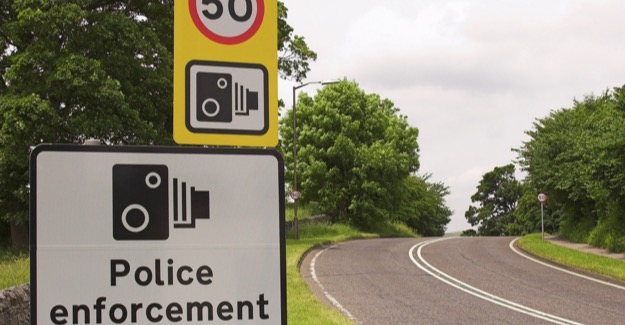Welsh government acts to improve air quality
The Welsh government has announced that there will be immediate speed limit reductions on a number of roads to help cut air pollution.
Launching a £20 million Air Quality Fund to help local authorities comply with nitrogen dioxide limits the Environment Minister Hannah Blythyn said there would also be speed restrictions on a number of roads with the limit being cut to 50 mph. The five are:
- A494 at Deeside
- A483 at Wrexham
- M4 between Junctions 41 & 42 (Port Talbot)
- M4 between junctions 25 & 26 (Newport)
- A470 between Upper Boat & Pontypridd
The government calculates that along these stretches of road emissions will be cut by up to 18%.
Alongside the announcement the Welsh government also launched two consultations:
Commenting on the proposals Steve Gooding, director of the RAC Foundation, said:
“Drivers are becoming increasingly used to a patchwork approach to speed limit setting whether that be in the interests of cutting congestion, improving safety or reducing air pollution. Ironically there will be stretches of road where drivers actually struggle to reach anything like 50 mph and if there’s one thing worse for air quality than vehicles hurtling along at high speed, its where they sit nose to tail in jams.”
Welsh councils looking to improve air quality could use measures such as stopping or restricting access for the most polluting vehicles entering a Clean Air Zone, thereby reducing road congestion and emissions within the Clean Air Zones and neighbouring areas.
Back in 2014, the Highways Agency in England consulted on proposals to introduce reduced speed limits on both the M1 and M3 motorways to limit pollution.
ENDS
Contact:
Philip Gomm – Head of External Communications – RAC Foundation
[email protected] | 020 7747 3445 | 07711 776448 | 020 7389 0601 (ISDN)
Notes to editors:
The RAC Foundation is a transport policy and research organisation that explores the economic, mobility, safety and environmental issues relating to roads and their users.
The Foundation publishes independent and authoritative research with which it promotes informed debate and advocates policy in the interest of the responsible motorist.
All the Foundation’s work is available on its website:


